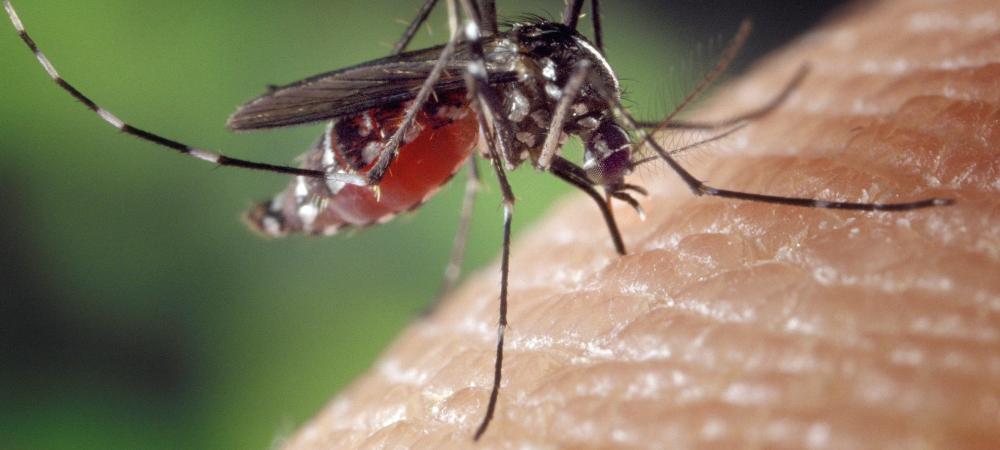Mosquitoes and Malaria: The Recent Threat in Texas

In the vast world of insects, few are as notorious as mosquitoes. Their irritating bites and incessant buzzing are enough to drive anyone crazy. However, beneath these nuisances, a more serious concern arises - the potential spread of dangerous diseases.. Recently, the re-entry of Malaria into the United States, specifically in Texas, has cast a spotlight on the grave consequences of mosquito-borne illnesses.
Malaria's Unexpected Resurgence in Texas
Malaria, a disease typically associated with tropical climates, was thought to be a distant threat to the United States. However, recent events have shattered this misconception. Malaria has re-emerged in states, especially in Texas, triggering concerns among health experts and communities alike. The interplay of factors such as warmer weather, global travel, and evolving mosquito populations has created the perfect storm for the resurgence of malaria.
Do All Mosquitoes Carry Malaria?
Contrary to popular belief, not all mosquitoes are carriers of the malaria parasite. The specific mosquitoes that transmit malaria belong to the Anopheles genus. These particular mosquitoes possess the ability to harbor and transmit the parasite responsible for causing malaria. While the United States is home to various mosquito species, the Anopheles mosquitoes have been relatively uncommon in many regions. However, recent shifts in mosquito populations and the introduction of new species have raised concerns about the potential expansion of malaria-transmitting mosquitoes.
How to Know if You Have Malaria
Malaria is a disease with symptoms that can range from mild to severe, often resembling the flu. It's crucial to recognize the signs, especially if you live in or have traveled to an area with a known risk of malaria transmission. Common symptoms include high fever, chills, sweats, headache, body aches, and fatigue. If you experience these symptoms and suspect malaria, it's essential to seek medical care from a professional promptly, as early diagnosis and treatment are key to successful recovery.
How to Protect Yourself from Mosquitoes
Preventing mosquito bites is paramount in avoiding the risk of malaria and other mosquito-borne illnesses. Here are some effective strategies to protect yourself:
- Use Repellents: Apply an EPA-registered mosquito repellent on exposed skin and clothing. Look for active ingredients like DEET, picaridin, or oil of lemon eucalyptus.
- Wear Protective Clothing: When outdoors, wear long-sleeved shirts, long pants, socks, and closed-toe shoes to minimize exposed skin.
- Secure Your Environment: Ensure that doors and windows have intact screens.
- Eliminate Breeding Sites: Mosquitoes breed in standing water. Regularly empty, cover, or treat any containers that can collect water around your home.
- Avoid Peak Activity Times: Mosquitoes are most active during dawn and dusk, so try to limit outdoor activities during these periods.
- Seek a Professional: While it is difficult to get rid of mosquitoes completely, your local pest control company can help mitigate and reduce the mosquito population in your yard. If you’re located in the DFW area, contact Myles Pest Services for expert mosquito control!

